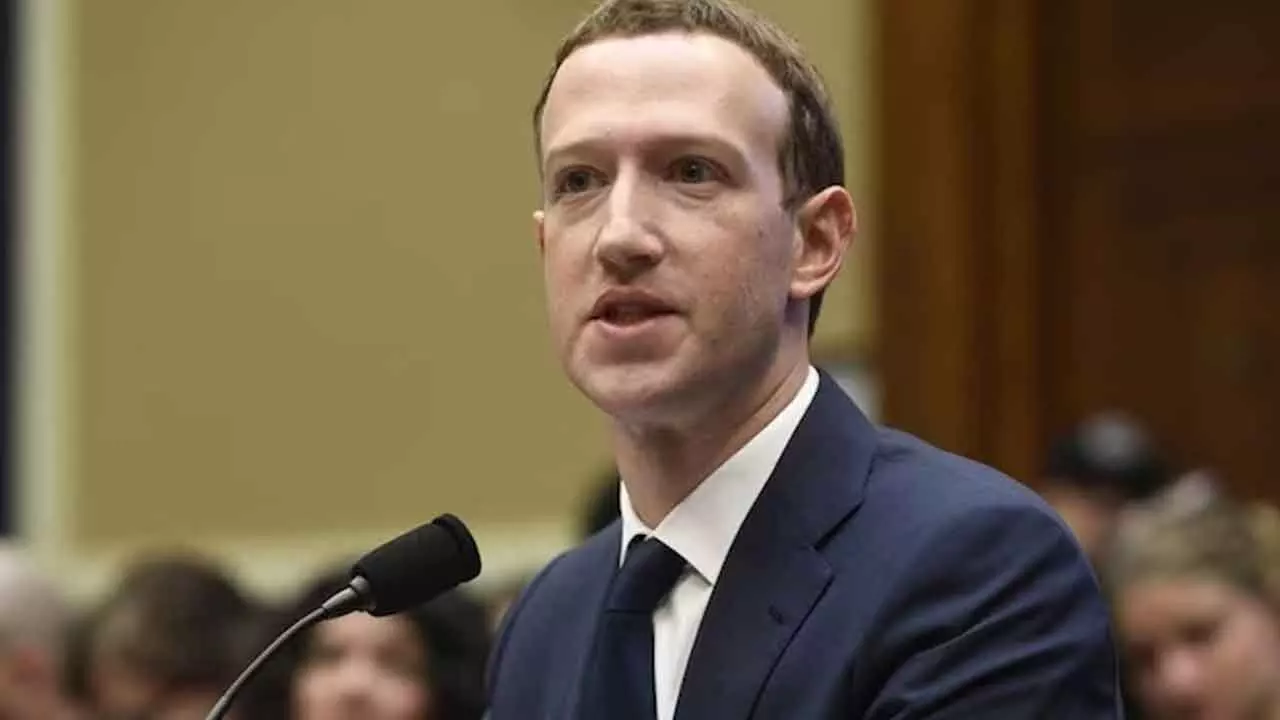Meta CEO Mark Zuckerberg appeared in court Monday to testify in a pivotal antitrustcase that could have major implications for the tech industry. At the heart ofthe trial is the U.S.
Federal Trade Commission's (FTC) accusation that Metaunlawfully monopolized the social media market by acquiring Instagram andWhatsApp to eliminate future threats and maintain dominance. Thislandmark legal battle could ultimately force Meta, valued at $1.4 trillion, tobreak apart its business.

It also can redefine how techmergers are evaluated under antitrust law in the future. FTC leadattorney Daniel Matheson opened the case by asserting that Meta’s platforms —Facebook, Instagram, and WhatsApp — give users “no reasonable alternatives.” Heclaimed the company strategically acquired Instagram and WhatsApp not toimprove its services but to sideline rising competition and secure its grip onwhat the FTC terms the “personal social networking” market — platforms designedto connect people with family and friends.
Zuckerberg,the trial’s first witness, countered these claims by framing the acquisitionsas forward-thinking moves aimed at improving innovation and user experience.While he acknowledged that user behavior has evolved — with people increasinglyinteracting with content from broader communities rather than just closefriends — he maintained that keeping users connected with friends and familyremains central to Meta’s mission. As he described it, over time, the“interest” part of social networking has become more prominent, but “the friendpart” is still vital.
Mathesonspent about an hour interrogating Zuckerberg on Meta’s dominance in thisdefined space of personal social networking. The FTC argues that Meta’s massiveuser base doesn’t just reflect popularity but indicates a lack of genuinealternatives for consumers. Meta, however, signaled its intent to challenge theFTC’s narrow market definition, claiming that the company faces strongcompetition from platforms like TikTok, Snapchat, YouTube, and even Apple’siMessage.
One ofthe most contentious aspects of the FTC’s case is a batch of internal emailsfrom 2012, including a now-famous one in which Zuckerberg referred to acquiringInstagram as a strategy to “neutralise a competitor.” In another, he expresseddoubts about Facebook Camera, Meta’s own mobile photo app, and its ability tocompete with Instagram. Zuckerberg acknowledged these emails as part ofinternal discussions but emphasized they were taken out of context and did notreflect the broader strategy.
He stressed that Meta made substantialinvestments in both Instagram and WhatsApp after the acquisitions, aiming toimprove and expand them. Meta’slegal team also challenged the timing of the FTC’s case, arguing that bothacquisitions — Instagram in 2012 and WhatsApp in 2014 — were approved byregulators at the time. “The FTC’s case rests almost entirely on decade-oldemails,” Meta’s defense team stated, questioning the basis for revisiting thosedecisions now.
However,the FTC maintains that Meta’s actions following the Instagram acquisition showintent to suppress competition. Matheson claimed that Meta slowed Instagram’sgrowth deliberately to protect Facebook’s dominance, describing it as “arational business decision” that nonetheless “offends the policy” behindantitrust law. Zuckerbergis expected to return to the stand Tuesday, where his testimony will likelyoffer further insight into Meta’s internal operations and how the company viewsits competition.
The trial will also hear from other major players, includingformer COO Sheryl Sandberg and Instagram co-founder Kevin Systrom. Shouldthe FTC prevail, Meta could be forced to divest Instagram and WhatsApp — adramatic outcome that would unwind years of platform integration and severelyimpact Meta’s advertising business. Instagram alone is forecasted to bring inover half of Meta’s U.
S. ad revenue in 2025. The trial is expected to continuefor about eight weeks.
.
Technology

Meta on Trial: Zuckerberg Defends Instagram and WhatsApp Acquisitions in FTC Antitrust Case

Zuckerberg defends Meta’s Instagram and WhatsApp acquisitions asinnovation-driven, while the FTC claims they were meant to crush competition.














